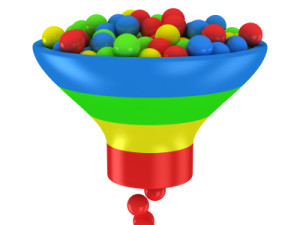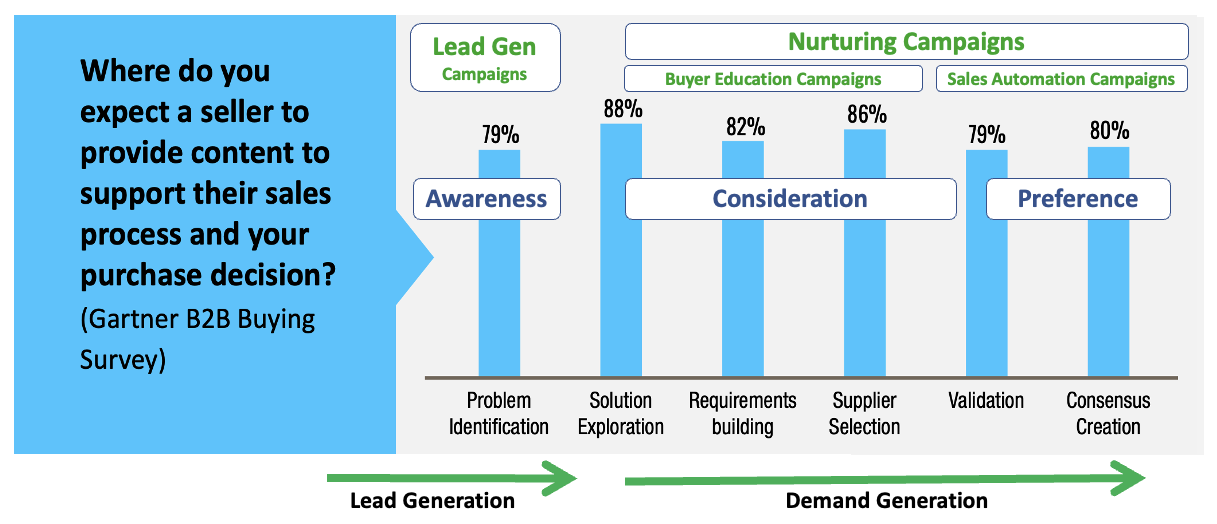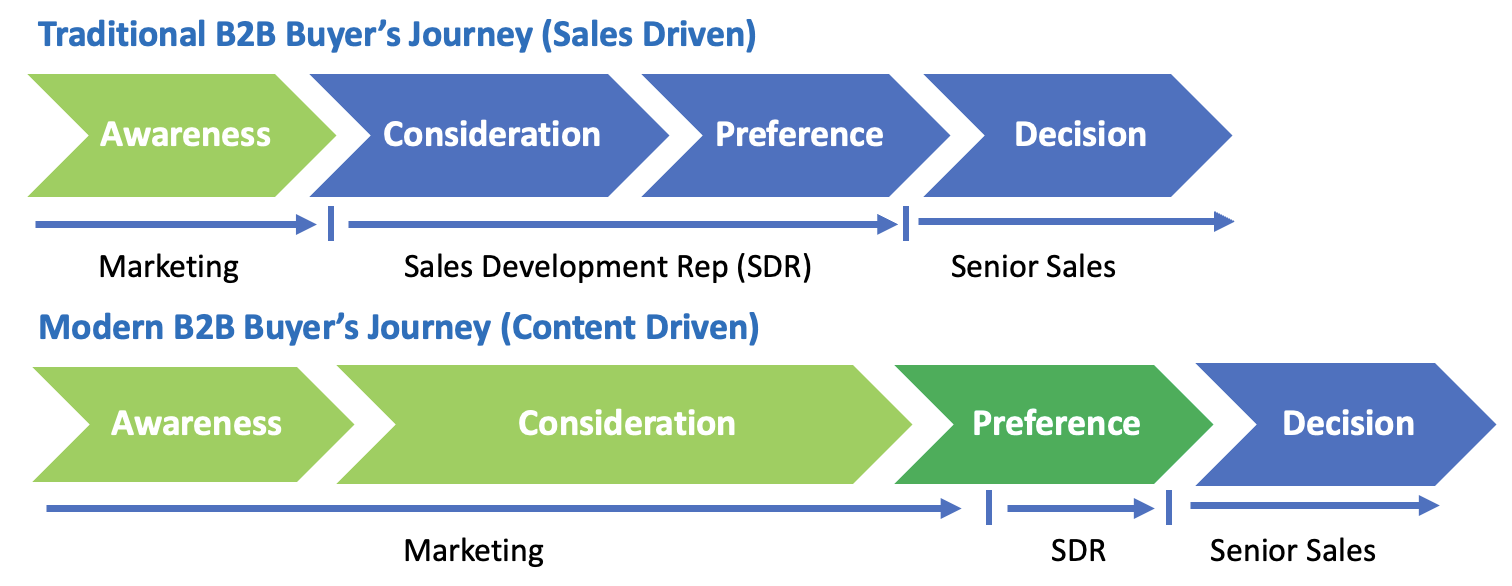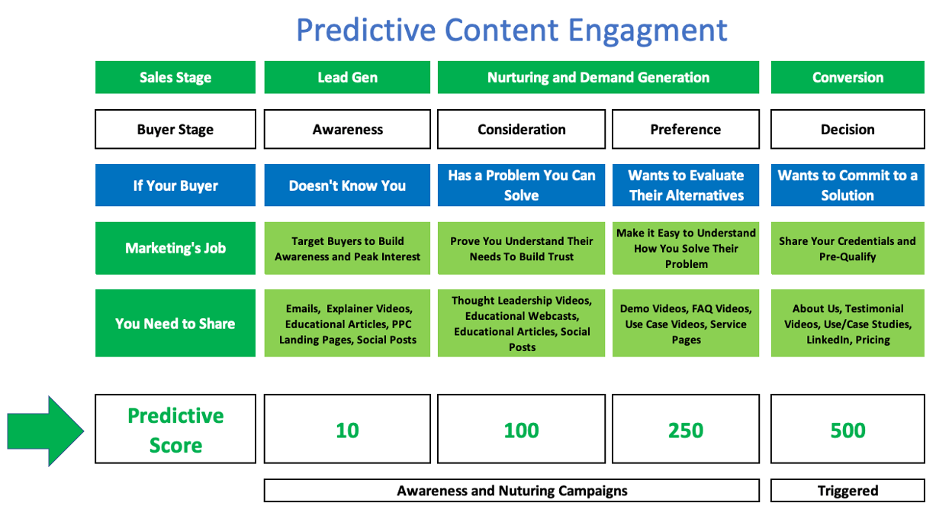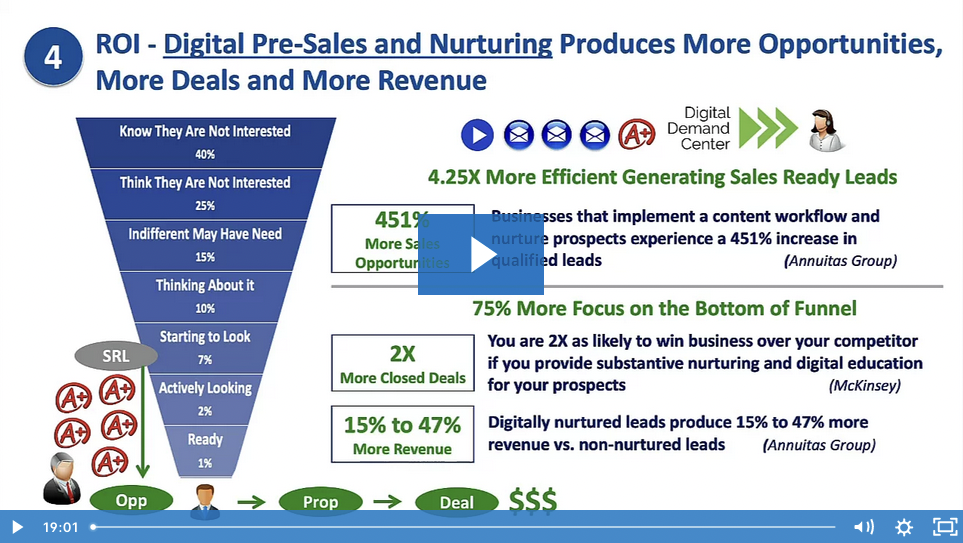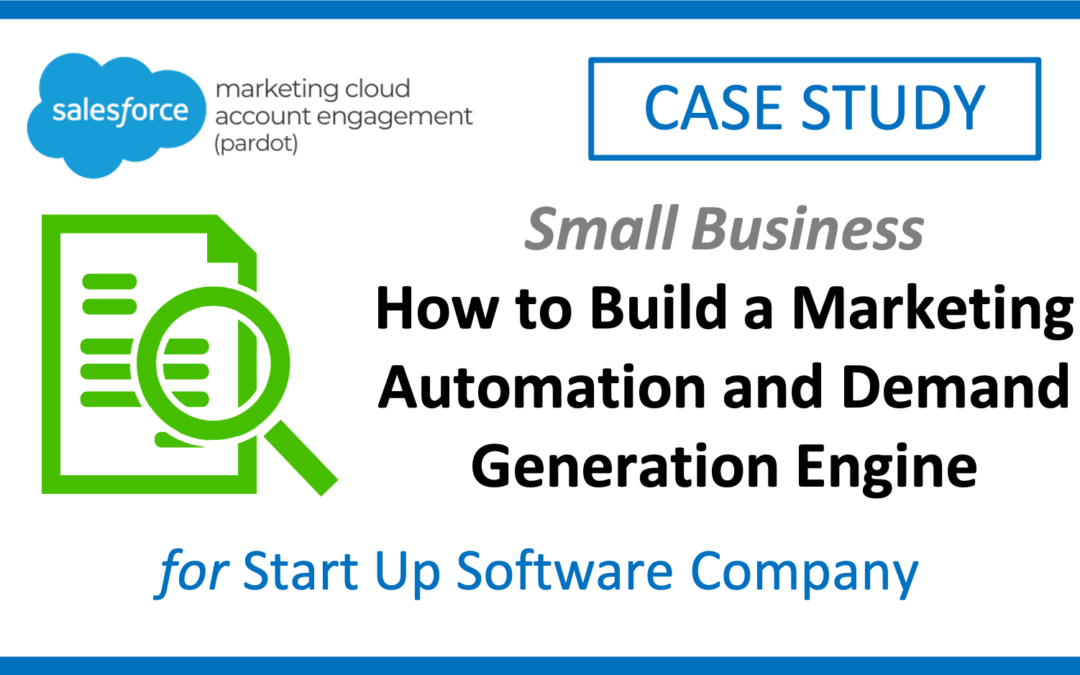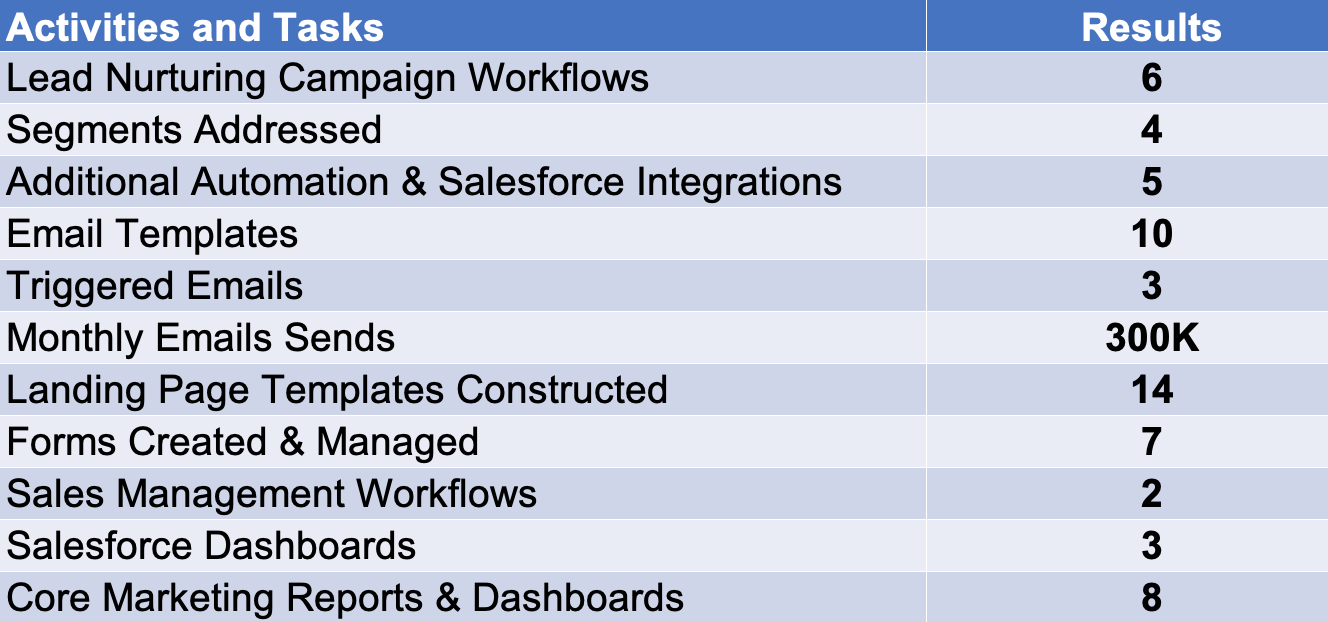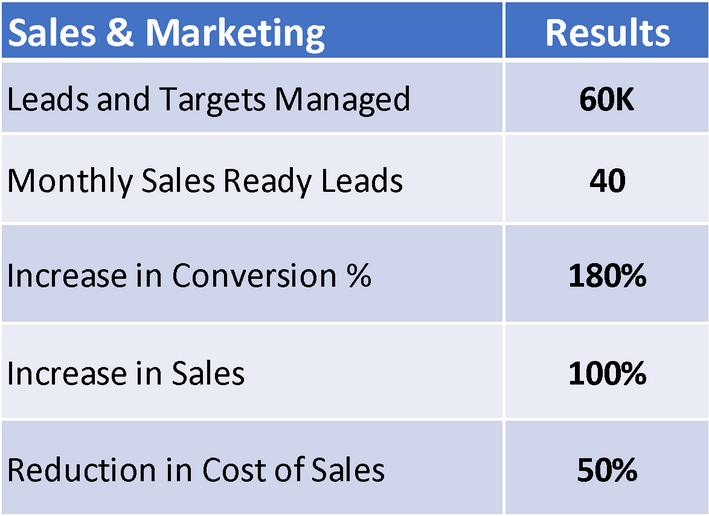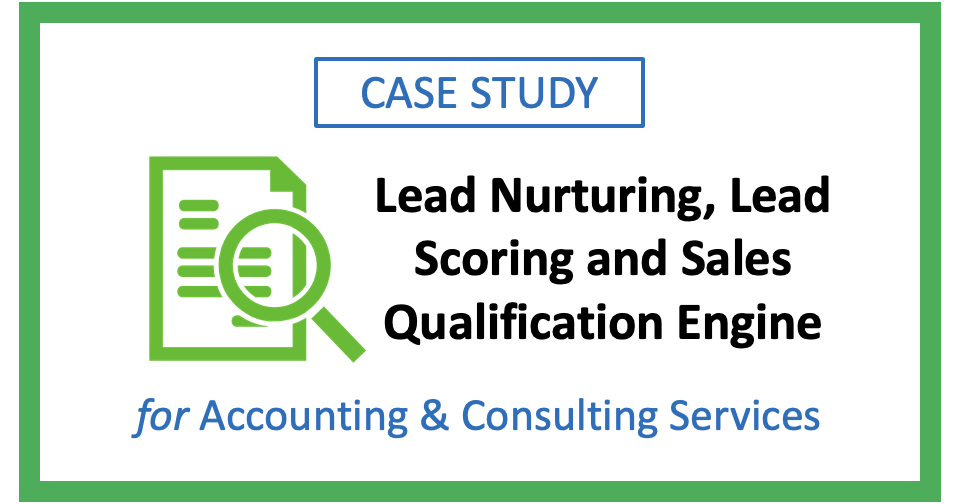
Understanding the Four Stages of Lead Nurturing Content

The Four Stages of Digital Content for Lead Nurturing
At every stage of a buyer’s journey, buyers need to be able to learn more about the seller and its products or services. If you want to keep your leads engaged throughout the buyer’s journey (and steward them forward with an automated pre-sales education process) it’s essential to provide them with the right type of authentic educational content at the right time. This require creating the right type of content for every step in their buyer’s journey and your pre-sales education process.
The four stages of the buyer’s journey are a framework that marketers use to understand and address the different phases that a potential customer goes through before making a purchase decision. These stages are commonly used in inbound marketing and sales strategies.
This typically divides itself into four distinct stages:
- Awareness
- Consideration
- Preference
- Decision
Let’s quickly look at all four stages and what type of content is required at each stage for effective lead nurturing.
AWARENESS
The first stage of a buyer’s journey is Awareness.
At this initial stage, the buyer realizes they have a problem or a need and they begin to research what solutions are available. They are seeking information and education about their challenges and trying to understand both the scope of their issues and the resources that will be required for a solution. During this phase, the buyer may not yet be aware of your specific product or brand. The goal for marketers is to raise awareness by providing valuable content, such as blog posts, educational videos, or social media content, that addresses the buyer’s pain points. At this point, the buyer isn’t ready to commit to speaking to a sales rep at length – they are still gathering data to inform their decision.
What type of content does a buyer want at the awareness stage? At this stage the buyer wants content that helps educate them about their problem and how they should think about solving it. This can include blog posts, info-graphics, short videos and statistics. It may also include self-assessments.
CONSIDERATION
The second stage of a buyer’s journey is the Consideration stage. At this point the buyer has identified/agreed/decided that there is an issue/problem they need to address and is actively researching potential solutions. In this stage, the buyer will continue to conduct research to understand their problem and narrow down their solutions to a few final contenders and/or approaches to the solution. They will continue to do a little more research about the problem and the specific vendors that solve these problems.
Content that is valuable during the Consideration phase is content that dives deeper into the problem and the solution. Content types for this stage may include features and benefits pages, webinars, and detailed demo videos. Articles and videos that help buyers think about “what to consider…” are also helpful.
PREFERENCE
During the preference stage the B2B buyer will start to select their preferred solution. They have narrowed down their options and are looking for the best fit for their specific requirements. Marketers need to provide content that supports the buyer’s decision-making process, such as customer reviews, testimonials, free trials, or discounts, to encourage them to choose their product or service. A potential customer may narrow down to one or two finalists. In this stage, they will almost always contact those vendors to speak to sales reps. Ideally your sales rep should have already reached out pro-actively at this point based on your buyers Lead Score.
This is when they start creating their business case and formalizing the purchase request with higher management. Content types that are effective during this stage include testimonials from existing customers, use cases, detailed webinars, use cases, pricing pages and about us pages.
DECISION
The fourth and final stage of the B2B buyers’ journey is the decision. At this point, your potential customers are deciding whether they should buy from you or a competitor. It’s important to make sure that they have all the information they need in order to make an informed decision.
What content does a buyer typically use to make a decision? During the decision stage, content like case studies and detailed product comparison pages become very important. Additionally, anything that can provide reassurance to the buyer that they are making the right choice is also useful. This could include customer testimonials, awards and certifications, technical details, customer service expectations and, in some cases, even free trials or samples. ROI videos and ROI calculators are also helpful at this stage.


